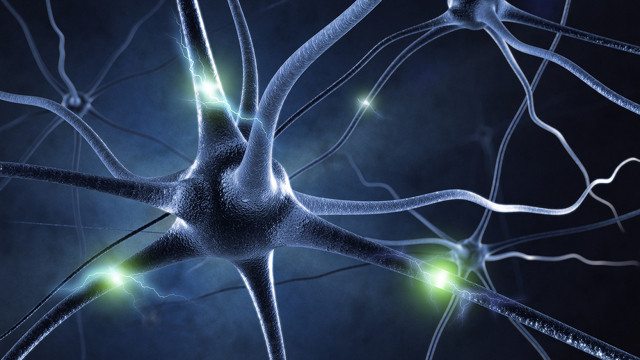In a new article published on Tuesday in Frontiers, a large international collaboration led by researchers at John Hopkins University (JHU) details how brain-machine technologies are the newest frontier in biocomputing, and provides a roadmap as to how to make it a reality. As the paper explains, organoid intelligence (OI) is an emerging field where researchers are developing biological computing using 3D cultures of human brain cells (brain organoids) and brain-machine interface technologies. These organoids share aspects of brain structure and function that play a key role in cognitive functions like learning and memory. They would essentially serve as biological hardware, and could one day be even more efficient than current computers running AI programs. “The vision of OI is to use the power of the biological system to advance the field of live sciences, bioengineering, and computer science,” Lena Smirnova, a researcher at JHU and an author on the paper, wrote in an email to Motherboard. “If we look at how efficiently the human brain operates in processing of information, learning etc, it is tempting to translate and model that to have a system which will work faster and more efficiently [than] current computers.” For example, the human brain has an incredible capacity to store information: the average noggin can store an estimated 2,500 terabytes, according to the paper. The researchers envision complex 3D cell structures that would be connected to AI and machine learning systems.
https://www.technocracy.news/organoid-intelligence-oi-biocomputing-and-intelligence-in-a-dish/
https://www.technocracy.news/organoid-intelligence-oi-biocomputing-and-intelligence-in-a-dish/
In a new article published on Tuesday in Frontiers, a large international collaboration led by researchers at John Hopkins University (JHU) details how brain-machine technologies are the newest frontier in biocomputing, and provides a roadmap as to how to make it a reality. As the paper explains, organoid intelligence (OI) is an emerging field where researchers are developing biological computing using 3D cultures of human brain cells (brain organoids) and brain-machine interface technologies. These organoids share aspects of brain structure and function that play a key role in cognitive functions like learning and memory. They would essentially serve as biological hardware, and could one day be even more efficient than current computers running AI programs. “The vision of OI is to use the power of the biological system to advance the field of live sciences, bioengineering, and computer science,” Lena Smirnova, a researcher at JHU and an author on the paper, wrote in an email to Motherboard. “If we look at how efficiently the human brain operates in processing of information, learning etc, it is tempting to translate and model that to have a system which will work faster and more efficiently [than] current computers.” For example, the human brain has an incredible capacity to store information: the average noggin can store an estimated 2,500 terabytes, according to the paper. The researchers envision complex 3D cell structures that would be connected to AI and machine learning systems.
https://www.technocracy.news/organoid-intelligence-oi-biocomputing-and-intelligence-in-a-dish/
0 Commenti
0 condivisioni
1K Views
0 Anteprima




